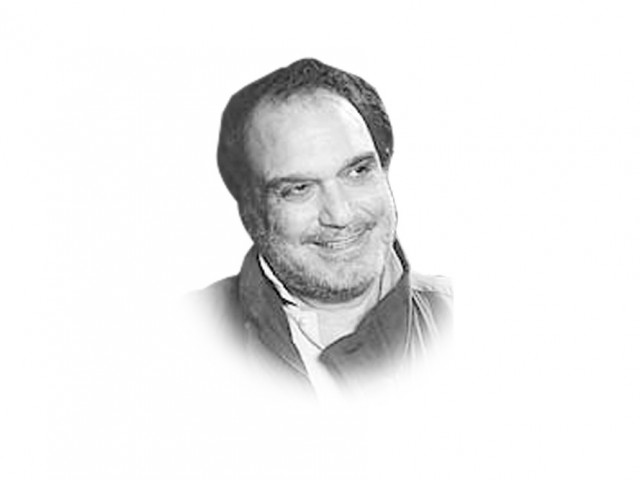Media and terror
Can the media in Pakistan criticise the terrorists and some weaponised religious organisations and survive?

Because of this abnormal tilt of the media, the Pakistani citizen runs the risk of being brainwashed into a uniformity of thinking that could endanger the state. The media may have made normal state diplomacy impossible and thus forced it to commit mistakes that will hurt the common man in the long run. So intense is this effect of the media that it is no longer possible to favour moderation in the conduct of the state. The moderate elements in the country are condemned ‘liberal’ and presented to the terrorists as easy targets.
An important survey has been conducted by the Pakistan Institute of Peace Studies (PIPS) on the radicalisation of the media in Pakistan. Muhammad Amir Rana and Safdar Sial have co-authored Radicalisation of Pakistan (Narratives Publishers, 2012) and one chapter in it is devoted to the media. The study is based on interviews with journalists. A total of 68 journalists were asked set questions. Out of them, 39 were from Fata and Khyber-Pakhtunkhwa, 11 from Rawalpindi and Islamabad, 10 from Lahore and eight from Azad Jammu and Kashmir. Several important points were found.
An overwhelming majority (87 per cent) of the respondents replied in the affirmative when asked if radicalisation in Pakistan had affected the Pakistani media. Around 57 per cent believed that the media was concealing facts regarding violent radicalisation, 28 per cent did not think so, while 15 per cent either did not know or did not answer the question.
A majority of the respondents (60 per cent) said important issues were not covered properly in the Pakistani media because too much space was occupied by radicalism and related issues and incidents.
Meanwhile, around 69 per cent said that growing radicalisation was hindering freedom of expression in the country. As to what hindered expression, the respondents had different levels of hindrance in mind. Around 24 per cent said the level of hindrance was high, 29 per cent called it fairly high, 15 per cent very high, while 32 per cent were not certain about it.
When asked about the media’s attitude towards religious radical groups, a little over half said the media was either critical, fairly critical or very critical of the radicals, while 35 per cent were of the view that mainstream media favoured the radicals to varying degrees.
Half of them believed that the radical or militants’ media had an impact on mainstream media.
More than 50 per cent said that the militants’ media created sympathy among the people in mainstream media for radical groups, and only 15 per cent said that it did not. The majority of respondents (77 per cent) said the media faced pressure from radical groups in one form or another and only 13 per cent stated that there was no such pressure.
As many as 50 per cent of the respondents said that radical groups demanded maximum media coverage. About 69 per cent claimed that the radicals pressed the mainstream media and journalists for favourable coverage. Around 63 per cent said the radicals forced the media to use words like shaheed (martyr) instead of killed, militant, extremist, terrorist, etc.
In 2002, the federal government asked the Sindh, Punjab and Azad Kashmir governments to ban the publication of 22 magazines of the various religious and militant organisations. However, most of them are still in circulation.
Published in The Express Tribune, August 19th, 2012.















COMMENTS
Comments are moderated and generally will be posted if they are on-topic and not abusive.
For more information, please see our Comments FAQ